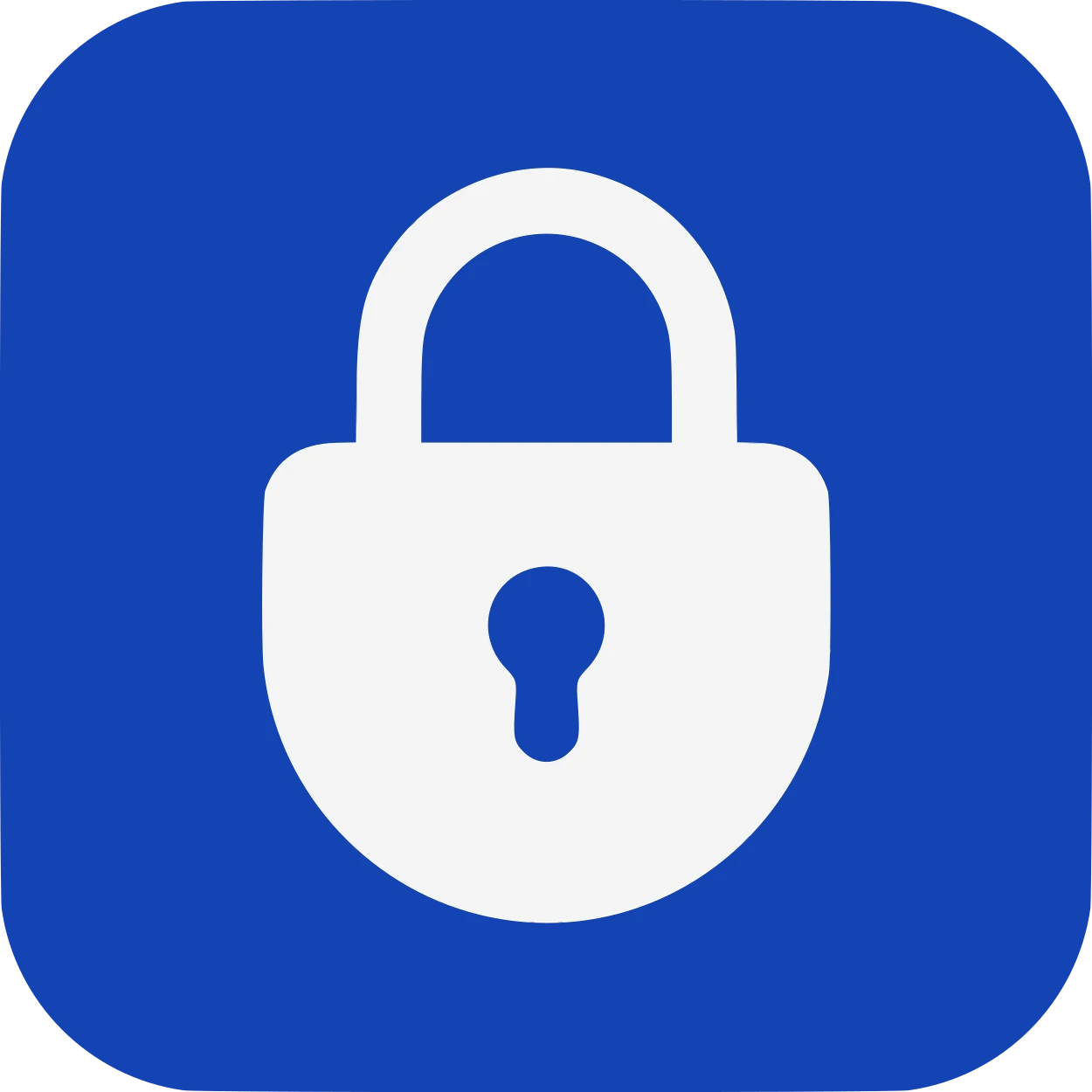How to Create Strong Passwords and Store Them Securely
Did you know that the most commonly used password is “123456”? This highlights the importance of using strong, unique passwords for each of your online accounts. Password breaches happen all the time, with millions of accounts compromised every year.
Common Password Security Mistakes:
- Using personal information in your passwords
- Using the same password for multiple accounts
- Storing passwords in plaintext or in easily accessible locations
How Do I Make Strong Passwords?
A strong password is one that’s tough to guess or crack. It should be completely random, at least 16 characters long (preferably longer), and include a mix of uppercase and lowercase letters, numbers, and special characters.
Brute-force attacks are a big risk—these are when hackers try every possible combination to crack your password. The longer and more complex your password is, the harder it is for them to break it. You can check how long it would take to crack your password with a password strength tester.
To create a strong, random password, use a password generator.
Storing Passwords Securely
Password managers are great because they let you store long, complex passwords and just copy-paste them when you need to log in. You set a master password that encrypts all your other passwords, keeping them safe and accessible only with that one key.
Backing Up Your Password Manager
It’s very important to back up your password manager so you don’t lose access to all your accounts. Here’s how to do it safely:
- Regularly save a copy of your password database to a secure spot.
- Use encrypted storage for your backups.
- Keep extra copies in different places for extra peace of mind.




